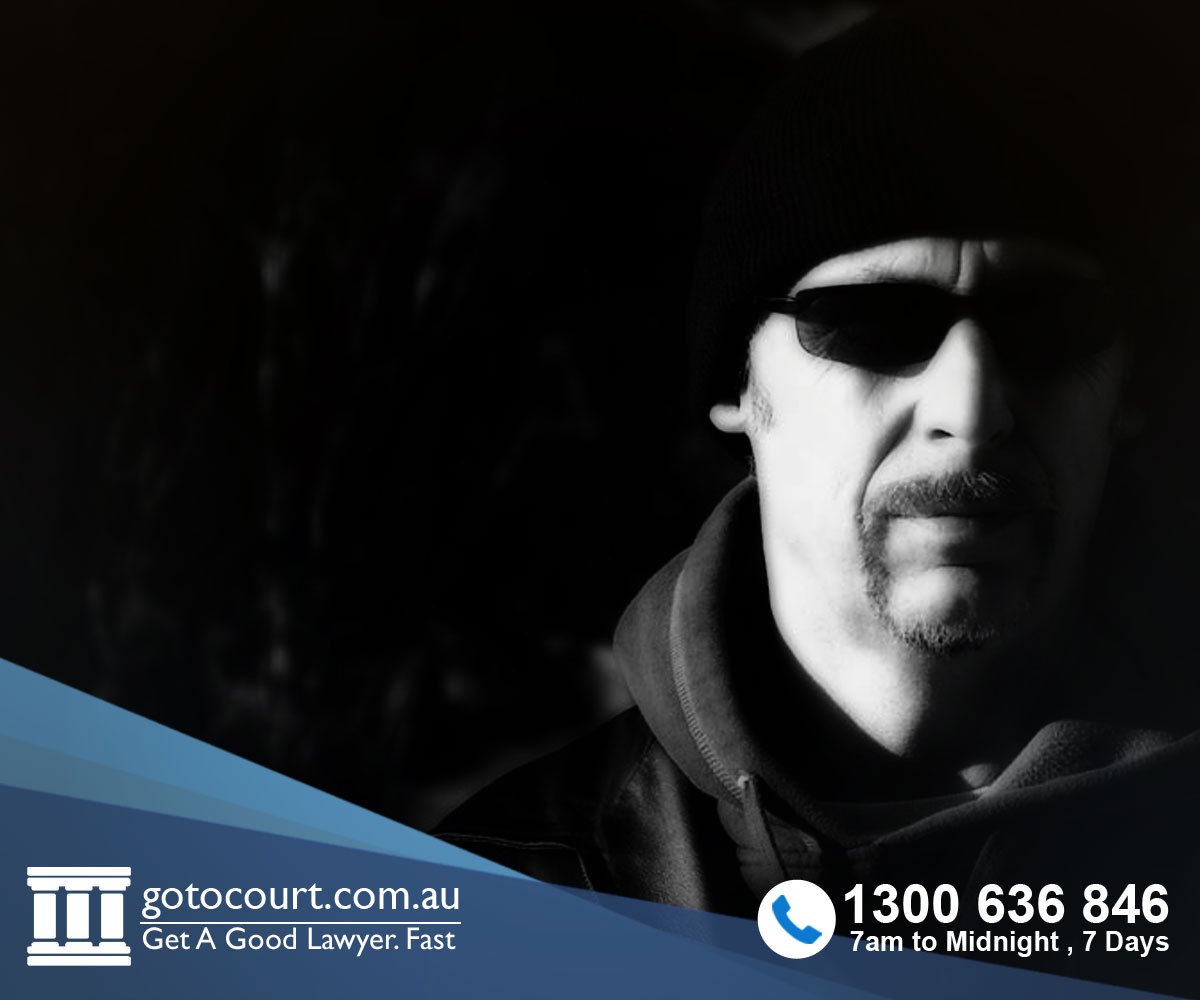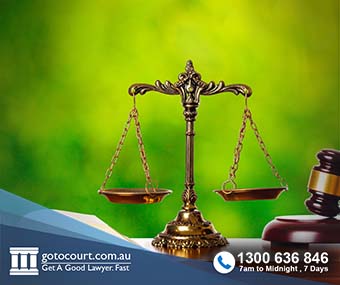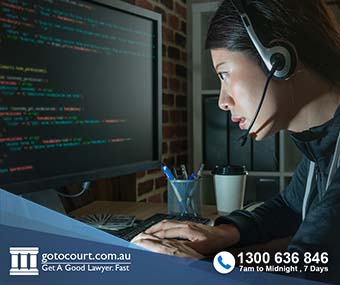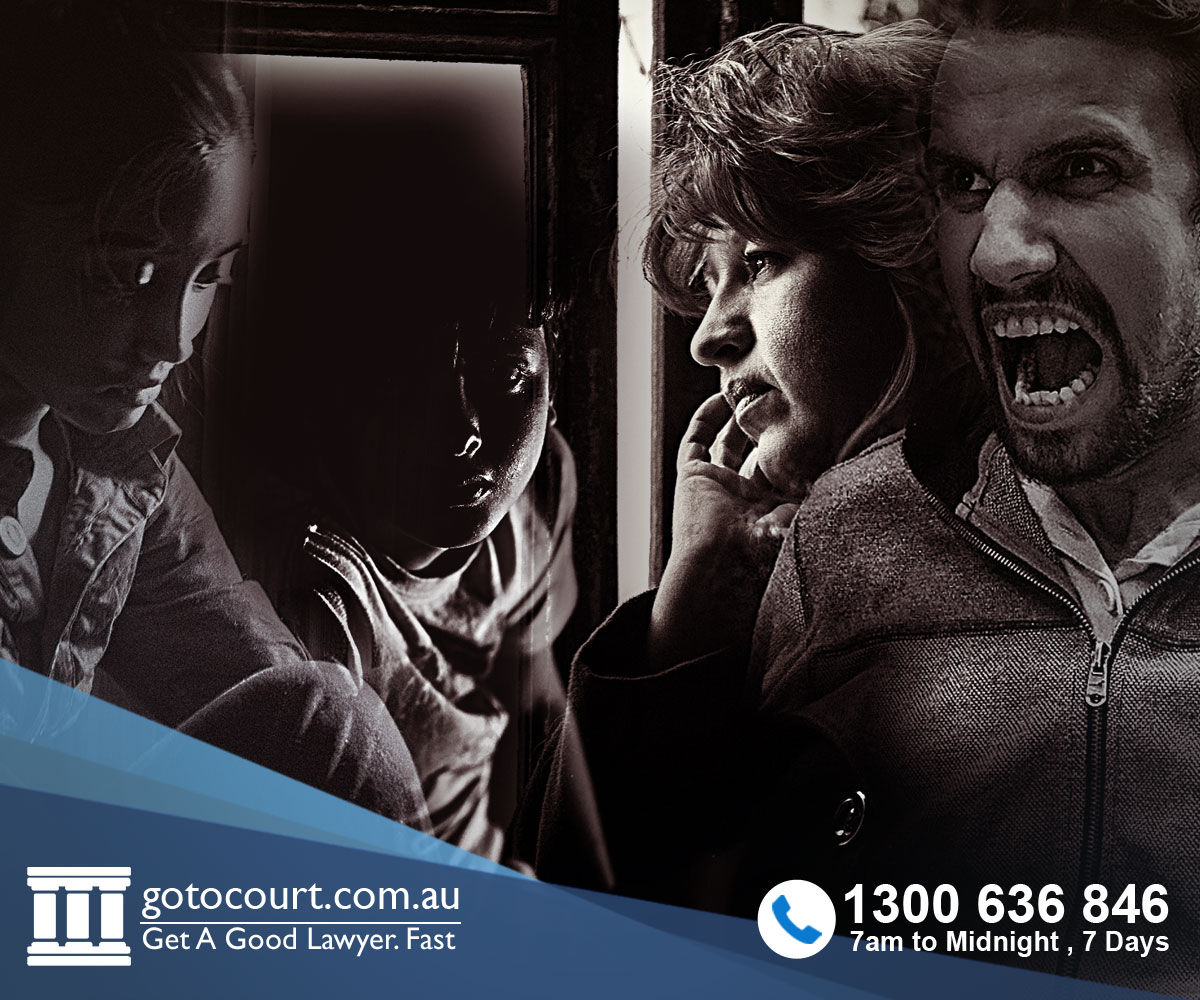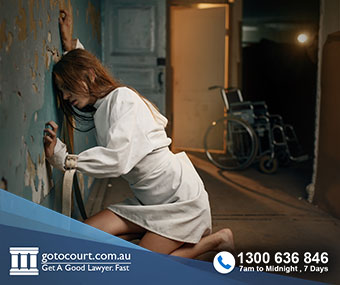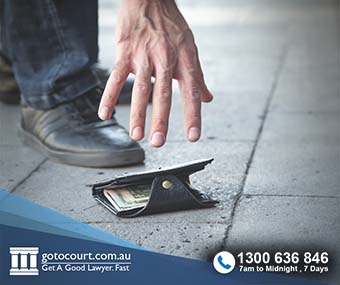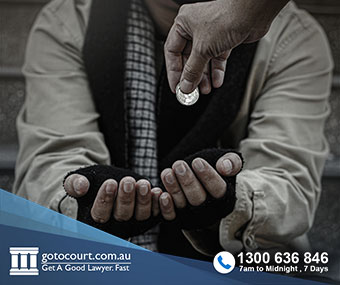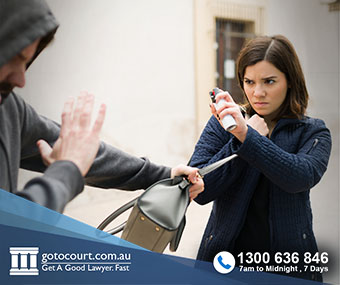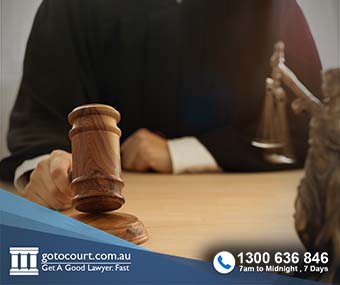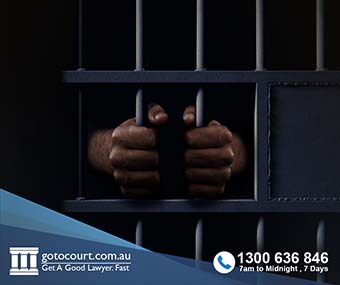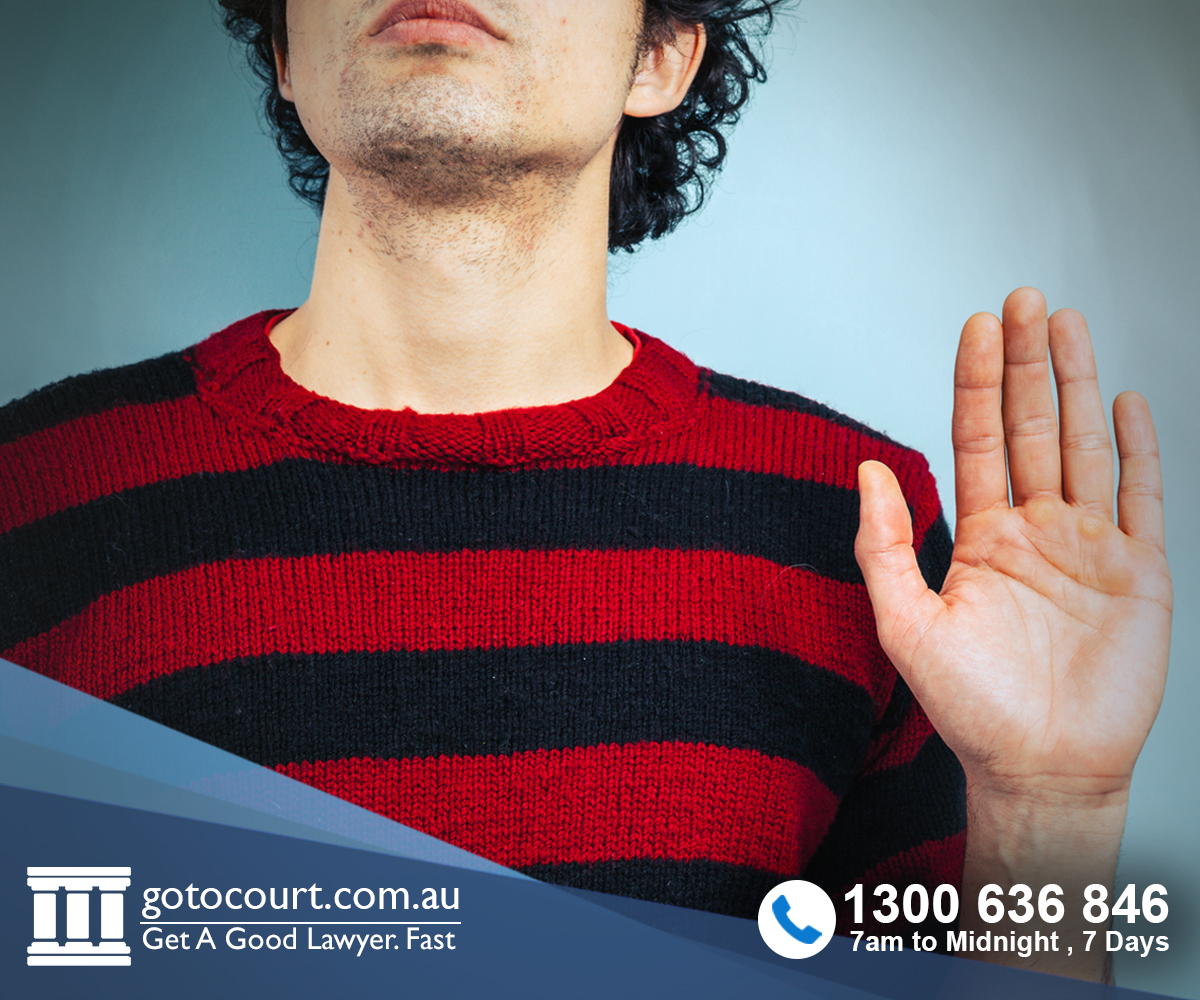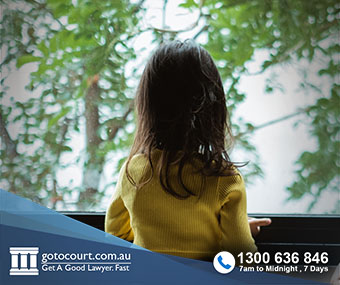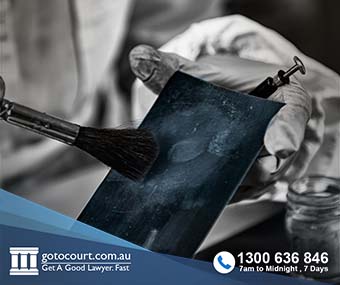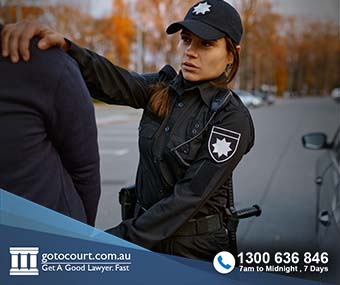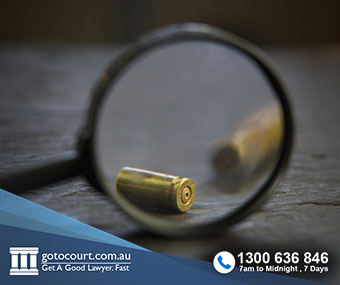Police Interviews in Tasmania
Police Interviews in Tasmania
The Tasmanian police interview a person when they suspect they were involved in a crime, either as an offender, victim, or witness. The purpose of this interview is to gather evidence to prosecute offenders. The police can detain a person for a reasonable time for investigation and questioning before they are charged. This article explains the process of police interviews in Tasmania.
Police Interviews In Tasmania
During preliminary investigations, the police will often conduct informal questioning of suspects before setting up a more formal interview. This formal interview is typically conducted in a police station interview room with electronic recording.
A police officer can legally detain a person for a reasonable amount of time to question them or investigate their involvement in the offence. This allowable timeline includes time for transportation to and from the police station and the courthouse. Section 4(4) of the Criminal Law (Detention and Interrogation) Act 1995 determines that a “reasonable time” depends on the following factors:
- The nature and number of offences being investigated;
- Whether the police officer needs to collate and read material or make other preparations for the questioning;
- Whether the detained person must be transported to a suitable interview site;
- The number of people who need to be questioned in reference to the offence;
- Whether it is necessary to visit the scene of the crime or other places connected with the investigation;
- Any delay incurred because of the person’s lawful communication with their support person or legal advisor;
- Any delay incurred because of waiting for the support person or legal advisor to arrive at the police interview;
- Any delay incurred because the detained person received medical attention;
- Any delay incurred because the detained person rested or received refreshment;
- Delay while the detained person cannot be questioned due to intoxication, illness or other incapacities;
- Delay while the police arrange and conduct an identification parade;
- Delay while the police conduct searches or forensic examinations; and
- Any other matter that is reasonably connected with the investigation.
However, the police cannot indefinitely hold a person for questioning even if they are under arrest. In Tasmania, the police must take a suspect before the court “as soon as practicable”. If the police breach this obligation, the court can exclude any information obtained through their questioning.
The police can only question a suspect after they are charged to prevent loss to someone, recover property, or lay fresh charges.
Participation In Police Interviews In Tasmania
A person brought in for a police interview is entitled to legal advice as soon as possible and may have a legal representative attend the interview. The police must, as far as practicable, allow this communication with the legal practitioner to occur under circumstances where it will not be overheard.
Under section six of the Criminal Law (Detention and Interrogation) Act 1995, the person in custody has a right to communicate with a friend or relative to inform them of their whereabouts. The police officer conducting the interview must delay the questioning for a reasonable time to enable the person to make this communication. When the person in custody is over eighteen, the police may deny them communication for a maximum of four hours if the officer believes on reasonable grounds that:
- The communication is likely to lead to an accomplice’s escape or destruction or fabrication of evidence; or
- The investigation is so urgent that it cannot be delayed because of dangers to the safety of other people.
Before the expiration of the four-hour period, the police officer conducting the investigation can apply in writing to a magistrate for an order extending this denial of in custody communication. This application must set out reasonable grounds for seeking the order.
This section does not apply to police investigations into offences under certain sections of the Road Safety (Alcohol and Drugs) Act 1970 and the Marine Safety (Misuse of Alcohol) Act 2006.
Refusal To Participate In Police Interviews
In Tasmania, a person has a legal right to remain silent during a police interview. The only questions that the suspect must answer are about their identity. As such, a person must disclose their identity, including name, residential address, and date of birth.
Section 9 of the Criminal Law (Detention and Interrogation) Act establishes a suspect’s right to refuse to participate in investigations and answer questions in police interviews. The police officer must advise the detained person of their rights as soon as practicable. This includes warning the suspect that they do not have to say anything, but what they do say can be used against them as evidence in a trial. The suspect can remain silent or answer “no comment”. The suspect can also refuse to provide a written statement.
When a suspect remains silent during the police interview, this cannot be used against them in a prosecution. The court cannot treat the suspect less favourably or draw an adverse inference as to their guilt just because they chose not to participate in police interviews.
When a suspect refuses to comment on allegations during a police interview, the police may still pursue charges based on other evidence such as CCTV footage and witness statements. However, the suspect will not be able to incriminate themselves with their own statement. It is for this reason that solicitors often advise their clients to not speak to police outside their presence.
There are many reasons why a suspect should not participate in a police interview, including:
- anything said can be used against them or another person in court, making it difficult to defend the charge;
- the suspect is likely to be unfamiliar with their rights and liabilities under the law;
- the police officers are experienced and trained in obtaining an admission from a suspect; and
- there are likely to be multiple officers in the room, which can intimidate the suspect into an inadvertent admission.
The team at Go To Court Lawyers can answer any questions you have about police interviews in Tasmania or any other criminal law matters. Please contact or call 1300 636 846 for legal representation or advice.

Affordable Lawyers
Our Go To Court Lawyers will assist you in all areas of law. We specialise in providing legal advice urgently – at the time when you need it most. If you need a lawyer right now, today, we can help you – no matter where you are in Australia.How It Works




1. You speak directly to a lawyer
When you call the Go To Court Legal Hotline, you will be connected directly to a lawyer, every time.

2. Get your legal situation assessed
We determine the best way forward in your legal matter, free of charge. If you want to go ahead and book a face-to-face appointment, we will connect you with a specialist in your local area.

3. We arrange everything as needed
If you want to go ahead and book a fact-to-face appointment, we will connect you with a specialist in your local area no matter where you are and even at very short notice.


